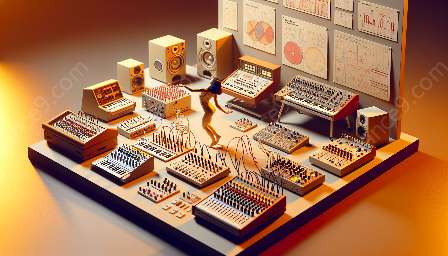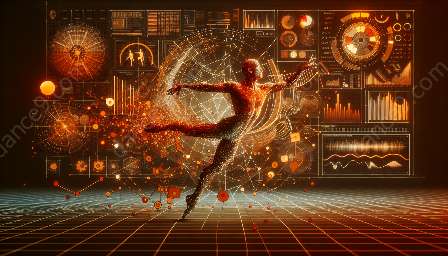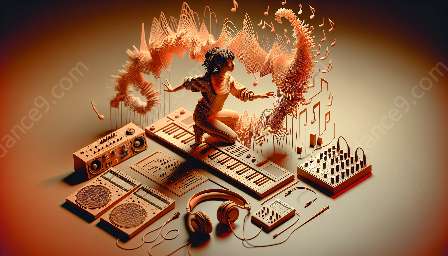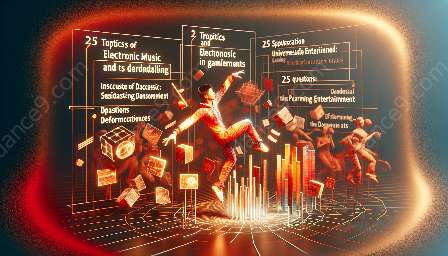Electronic music, with its wide range of subgenres, has become a significant cultural force, influencing and incorporating various forms of artistic expression. One crucial element in electronic music production is sampling, which involves taking and reusing portions of existing audio recordings to create new compositions. However, this unrestricted practice poses complex challenges related to Intellectual Property Rights (IPRs). This article explores the legal, creative, and technological aspects of electronic music sampling, examining its impact on key genres of dance and electronic music.
The Art of Sampling
When a producer or artist uses a portion of a pre-existing recording in a new composition, it is referred to as sampling. In electronic music, sampling is an integral part of the creative process, allowing musicians to build on existing sounds and rhythms to produce innovative tracks. Whether it's a vocal snippet, drum loop, or musical riff, sampling provides a vast palette of sonic elements for artists to explore and manipulate.
Key Genres and Electronic Music
Electronic music encompasses a diverse range of genres, each with its unique characteristics and cultural significance. Key genres such as techno, house, trance, dubstep, and drum and bass, to name a few, have all emerged as influential forces in the global music scene. These genres often rely heavily on sampling to create their distinct sounds, with producers drawing inspiration from various musical traditions, including jazz, funk, disco, and hip-hop.
Legal Framework and Challenges
Despite the creative potential of sampling, the practice raises significant legal and ethical considerations. IPRs, including copyright and licensing, play a crucial role in regulating the use of pre-existing recordings in electronic music production. The unauthorized use of samples can lead to legal disputes and infringements, making it essential for artists and producers to navigate the complex landscape of IPR regulations and licensing agreements.
Sampling Technology and Innovation
Advancements in sampling technology have revolutionized the way music is created and manipulated. From digital audio workstations (DAWs) to dedicated sampling software and hardware, musicians have access to powerful tools that facilitate the seamless integration of samples into their productions. However, these technological advancements also present challenges in ensuring the proper attribution and licensing of sampled material.
Legal and Ethical Considerations
As the digital landscape continues to evolve, so do the legal and ethical considerations surrounding electronic music sampling. Artists and producers are increasingly faced with the need to secure the appropriate permissions and licenses for samples used in their compositions, while also respecting the creative contributions of the original creators.
Conclusion
Intellectual Property Rights in electronic music sampling are a critical aspect of the creative and legal framework within the dance and electronic music industry. Understanding the complexities of IPR regulations, licensing agreements, and technological innovations is essential for artists to navigate the dynamic landscape of digital music production. By embracing a balanced approach that respects the rights of original creators and fosters artistic innovation, the electronic music community can continue to thrive and evolve.






























